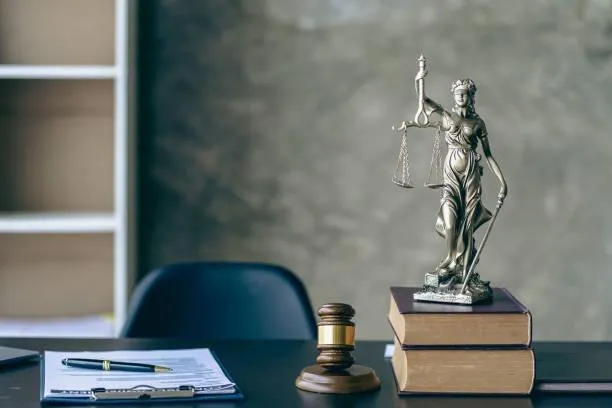
How Patent Licensing Works A Simple Guide For First-Time Inventors
How Patent Licensing Works A Simple Guide For First-Time Inventors
You’ve got a brilliant idea, you’ve secured a patent now what? For many first-time inventors, this is where the real challenge begins: figuring out how to license that patent and turn it into a real product (and real money). This guide breaks it down step by step, answering the questions you’re actually asking.
What Is Patent Licensing?
At its core, patent licensing means you (the patent holder) give another company permission to use, produce, or sell your invention usually in exchange for royalties or fees.
Important: Licensing ≠ selling your patent. With licensing, you retain ownership, but someone else gets the right to use your idea commercially.
Query Semantics tip: When users search "how patent licensing works," they’re usually looking for what the process looks like, what money is involved, and how risky it is not just a dry definition.
How The Patent Licensing Process Works
Identify Potential Licensees
Look for companies or manufacturers already in your invention’s industry. They have the infrastructure and market reach you don’t.Negotiate Licensing Agreements
You (or your licensing partner) hammer out terms like royalty rates, payment schedules, territorial rights, and duration.Set Up Royalties + Payment Structures
Common structures include upfront fees + ongoing royalties (usually a percentage of sales).Ongoing Monitoring
Keep tabs on performance to ensure agreements are followed, payments arrive, and the product stays on track.
Query Parsing tip: When people search about this, they’re usually asking: What steps? What does each part mean? How much control do I keep?
Benefits Of Licensing For First-Time Inventors
Lower upfront cost — no need to manufacture or market yourself
Retain ownership — you keep legal control over your idea
Passive income — royalties keep flowing without your day-to-day involvement
Faster market access — leverage the licensee’s existing channels
FAQs About Patent Licensing
How long does it take to license a patent? → It varies, but typically 6–12 months.
Do I need a lawyer? → Strongly recommended; contracts are complex.
How much can I make? → Depends on product potential, market size, and royalty rates (usually 3–10%).
Query Understanding tip: Users searching FAQs are signaling deep interest answering these directly builds trust + authority.
Work With Experts To License Your Patent
At Own My Ideas, we specialize in helping first-time inventors navigate the licensing maze. Don’t risk going it alone submit your idea today and let our team guide you from protected patent to profitable product.
Submit Your Idea | Learn More About Our Services